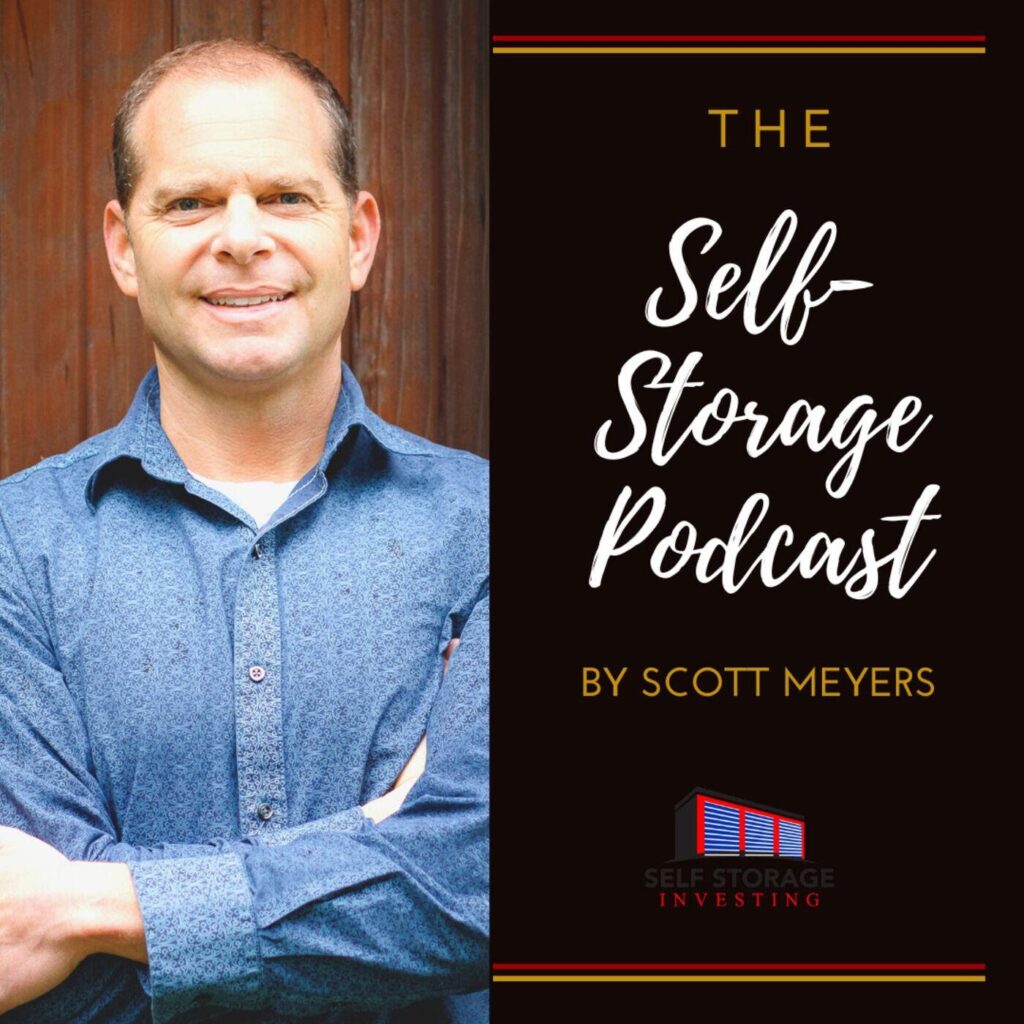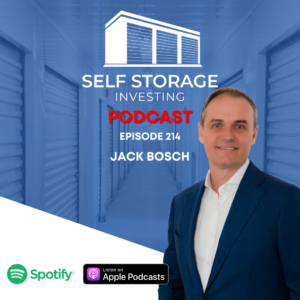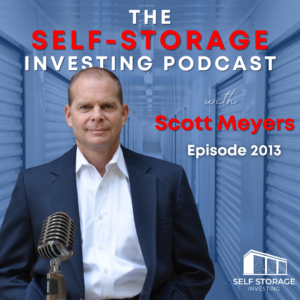The COVID-19 pandemic has changed the way we live and work. The whole world is adjusting to this “new normal” in their personal and professional lives. But how has this pandemic changed the self-storage business? Today, we have two special guests who are experts in the field of self-storage: Anne Williams-Blackwell and Jesse Luke.
Anne Williams-Blackwell is a brilliant self-storage investment coach and broker who has her own firm, The Williams Storage Group. Jesse Luke is a prominent broker at EquiCap Commercial, where he focuses on helping buyers and sellers find opportunities. Let’s find out what they have to say about how their business is changing and how they are adapting.
Recession-Proof Industry
Let’s start by saying that while there have been a few changes to self-storage during the pandemic, the industry is relatively recession-proof. There are still plenty of interested buyers and sellers, which means the industry is still performing well even during this tough time. If you crunch the numbers on a property and it performs well in this climate, then it is still a solid investment. The recession-proof nature of storage facilities is still drawing plenty of investors.
Lending Practices
 One of the biggest changes we have seen during the pandemic has been a shift in lending practices. With lenders adopting a more conservative underwriting approach, it can be difficult to find funding for big investments. The debt coverage ratios have become increasingly conservative with lenders expecting borrowers to front up 30-35% as opposed to the previous standard, which was 20-25%.
One of the biggest changes we have seen during the pandemic has been a shift in lending practices. With lenders adopting a more conservative underwriting approach, it can be difficult to find funding for big investments. The debt coverage ratios have become increasingly conservative with lenders expecting borrowers to front up 30-35% as opposed to the previous standard, which was 20-25%.
Recently, potential lenders have been doing more due diligence when it comes to properties. They have been taking a harder look at the earning potential of self-storage facilities and looking for increased liquidity or additional guarantors if the liquidity is not there.
Even though lending practices have changed, there still seems to be a high demand. They have the right business idea, but navigating lender practices has become more challenging.
Another important note is if you have the money right now, paying in cash is the easiest and most efficient method to buy self-storage facilities. You can bypass the treacherous-lender waters quickly.
Increased Sales
During a time of economic downturn, some people start to panic and might want to sell off their investments, but is it the right time? Most experts agree that if a property still performs and has a high cap rate, it is worth holding onto.
However, we have noticed an increase in sales over the past few months. Many people are interested in selling to ensure they recoup their money or because they may not be willing to weather another recession. This shows that many investors are taking a proactive approach.
Increased Delinquencies
One important thing to note, from the owner-operator side of the business, is that you may experience an increase in delinquencies over the next year or so. While we haven’t seen a decrease in occupancy rates, we have noticed a trend where more people are running late on their payments.
During this difficult time, many self-storage managers are foregoing late fees to ensure their tenants continue using their storage space. Since everyone has suffered during this pandemic, an increase in delinquencies is to be expected, but working with tenants is an effective strategy for maintaining occupancy rates.
Summary
While the self-storage industry is relatively recession-proof, there have been a few changes to which we’ve had to adapt. The primary changes to self-storage during the pandemic have been in conservative lending practices, increased sales, and increased delinquencies. If you’re still worried about today’s investing landscape and want to learn more about the self-storage industry and investing during the pandemic, check out why we think self-storage is the most recession-resistant asset!



